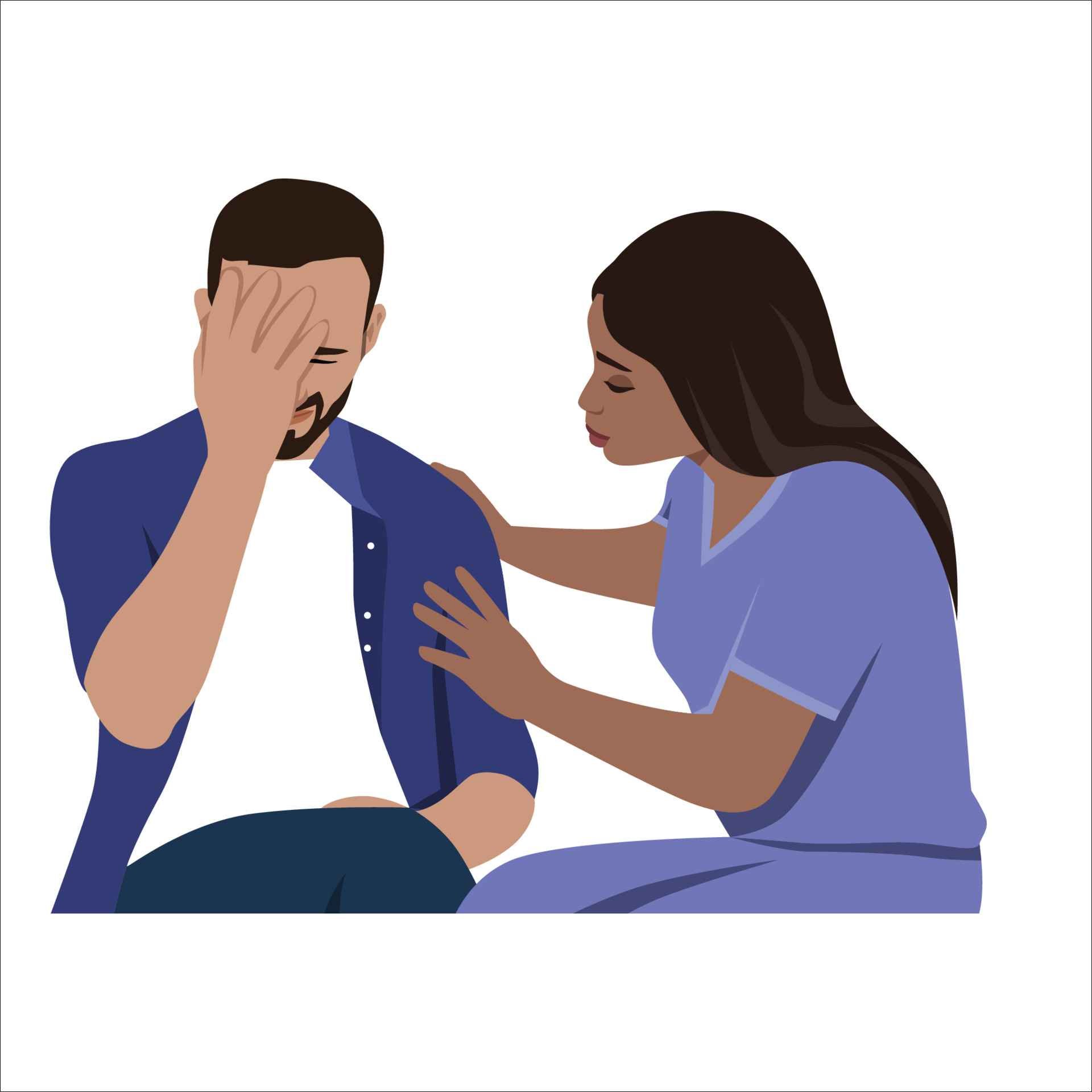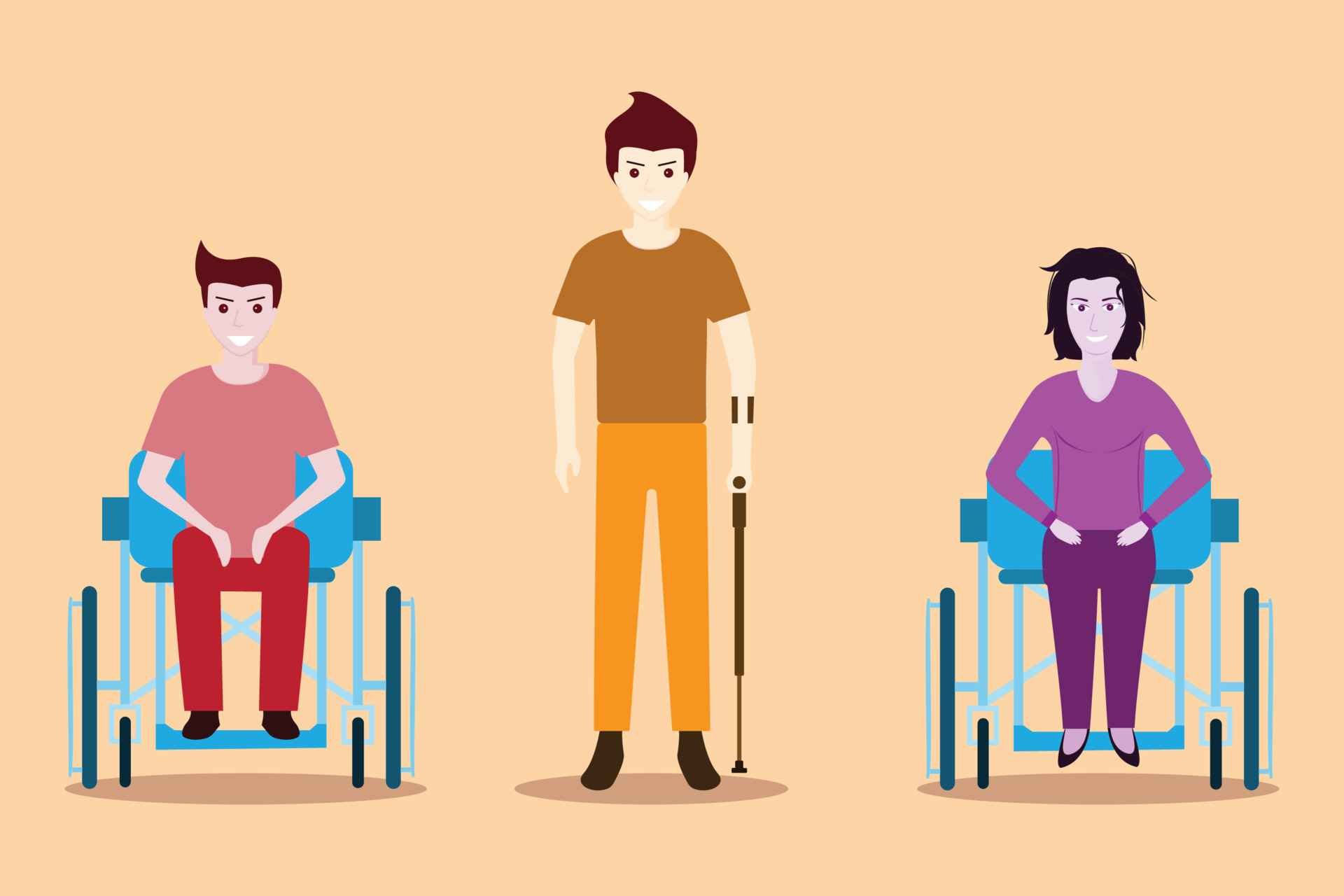Trauma and Chronic Pain: Unraveling the Connection
Trauma and Chronic Pain
In the realm of health and wellness, the interplay between mental and physical health is a subject of growing interest. Among the myriad facets of this association, the relationship between trauma and chronic pain has become a critical area of study. This blog delves into the multidimensional connection between trauma and chronic pain, exploring the underlying mechanisms, the impact of different types of trauma, and the promising strategies for management and recovery.
Introduction to Trauma and Chronic Pain
Trauma, an event, series of events, or circumstances that one perceives as physically or emotionally harmful, can leave lasting impacts on an individual's well-being. Chronic pain, on the other hand, represents pain that persists beyond the typical healing period. It transcends the conventional understanding of pain being solely a physical sensation, revealing a complex interaction of biological, psychological, and social factors.
The link between trauma and chronic pain is not merely coincidental. Traumatic experiences can leave imprints on the nervous system, alter the body's stress response, and increase vulnerability to chronic pain. This blog will guide you through an in-depth exploration of this intricate connection.
Trauma and Chronic Pain
Understanding the Biological Mechanisms
The Stress Response and Toxic Stress
When faced with a threat, our bodies instinctively react by activating the stress response, preparing us to either confront or flee from the danger. This response is beneficial when dealing with acute, short-lived stressors. However, in response to chronic stress or trauma, the stress response can remain highly activated for an extended period, leading to a condition known as toxic stress.
Toxic stress can impact the developing brain, particularly in children, and lead to lifelong impairments in both physical and mental health. The chronic activation of the stress response can cause persistent inflammation, a silent assailant linked to various conditions like cardiovascular disease, cancer, and type 2 diabetes. This state of chronic inflammation can also heighten sensitivity to pain, laying the groundwork for the development of chronic pain.
The Nervous System and Central Sensitization
The nervous system plays a pivotal role in pain perception. Chronic pain and trauma can cause the nervous system to be overly active, a phenomenon known as central sensitization. In this state, the nervous system goes on high alert, sending out pain signals in response to perceived threats, even when no real threat is present.
Central sensitization can make individuals more sensitive to pain, leading to conditions like fibromyalgia, where non-painful stimuli like light touch can trigger pain responses. This overstimulation of the nervous system is a common thread that weaves trauma and chronic pain together.
Types of Trauma and Their Impact on Chronic Pain
Physical Trauma
Physical trauma, such as accidents, injuries, or medical procedures, can directly cause chronic pain. The injury might heal, but the pain persists, evolving into a chronic condition. This type of pain is often easier to identify and treat because there's a clear, identifiable source of the pain.
Emotional and Psychological Trauma
Emotional or psychological trauma, including experiences of violence, abuse, neglect, or loss, can also lead to chronic pain. The pain is not tied to a specific physical injury, but rather to the stress and emotional distress associated with the traumatic experience. This type of pain is more challenging to identify and treat as it's not linked to a clear physical source.
Developmental Trauma
Developmental trauma, which refers to trauma experienced in early childhood, can have far-reaching effects on an individual's susceptibility to chronic pain. Prolonged exposure to toxic stress during this critical development period can damage neural connections in the brain and alter the body's stress response, increasing vulnerability to chronic pain.
Exploring the Symptoms of Trauma That Influence Chronic Pain
Trauma can manifest in various ways, and several of these manifestations have direct implications for chronic pain.
Overactive Nervous System
As highlighted earlier, trauma leads to an overactive nervous system, which can make individuals more sensitive to pain.
Re-experiencing
People who have experienced trauma may involuntarily re-live the traumatic experience through flashbacks or nightmares. During these episodes, they return to the heightened emotional state experienced during the trauma, activating the stress response and potentially exacerbating chronic pain.
Sleep Disturbances
Trauma can disrupt sleep, leading to insomnia or non-restorative sleep. Poor sleep can amplify chronic pain symptoms and undermine effective coping mechanisms.
Emotional Numbing and Social Withdrawal
Emotional numbing, characterized by a lack of feeling and withdrawal from social connections or activities, is common in individuals who have experienced trauma. This social withdrawal can have detrimental effects on both physical and mental health, contributing to depression, negative perceptions of pain, and inactivity, all of which can amplify chronic pain.
Hyperarousal
Hyperarousal, characterized by a state of constant alertness and anxiety, can lead to muscle tension, contributing to chronic pain.
Inability to Regulate Emotions
Trauma can interfere with the ability to regulate emotions, leading to maladaptive coping behaviors that can exacerbate chronic pain.
Depression and Anxiety
Trauma can increase the risk of mental health conditions like depression and anxiety, which can negatively impact chronic pain management and pain levels.
Adrenal Exhaustion
Chronic stress, such as that experienced in trauma, can lead to adrenal exhaustion, where the adrenal glands produce higher volumes of stress hormones than they are designed to. This can increase sensitivity to pain.
Negative Perceptions of Pain
Trauma can foster negative beliefs about oneself and the world, which can translate into negative perceptions of pain, exacerbating chronic pain symptoms.
Conclusion
The relationship between trauma and chronic pain is complex and multifaceted. Understanding this connection can pave the way for more effective, holistic approaches to managing chronic pain. By addressing not only the physical manifestations of pain but also the psychological and emotional factors contributing to it, we can help individuals on their journey toward pain recovery. It's not just about managing pain, but about helping individuals recover from the pain and reclaim their lives.
Check out our other posts and our book recommendations to learn more!
The Chronic Pain Blog 💗
DISCLAIMER: INFORMATION PROVIDED VIA OUR CONTENT (VIDEOS, AUDIOS, BLOGS, PDFS, POSTS AND OR COMMENTS) ARE FOR GENERAL INFORMATION PURPOSES ONLY AND NOTHING PUBLISHED CONSTITUTES ADVICE UPON WHICH YOU SHOULD RELY. WE DO NOT ACCEPT LIABILITY UNDER ANY CIRCUMSTANCES AND ARE NOT RESPONSIBLE FOR THE CONTENT OR ACCURACY, OR FOR ANY OPINIONS, VIEWS OR VALUES EXPRESSED IN ANY VIDEOS, BLOGS, POSTS AND OR COMMENTS SUBMITTED BY USERS AND THOSE REMAIN SOLELY THE OPINIONS, VIEWS AND OR VALUES OF THE RELEVANT USER.
Sources:
D’arcy-Sharpe, A.-M. and Paulson, C. (2020). How Is Psychological Trauma Linked to Chronic Pain? - Pathways. [online] www.pathways.health.
Hill, J. (2022). Trauma-Triggered Pain Management and Recovery. [online] Minnesota Head & Neck Pain Clinic.
Kiesel, L. (2018). Chronic Pain and Childhood Trauma - Harvard Health Blog. [online] Harvard Health Blog.







